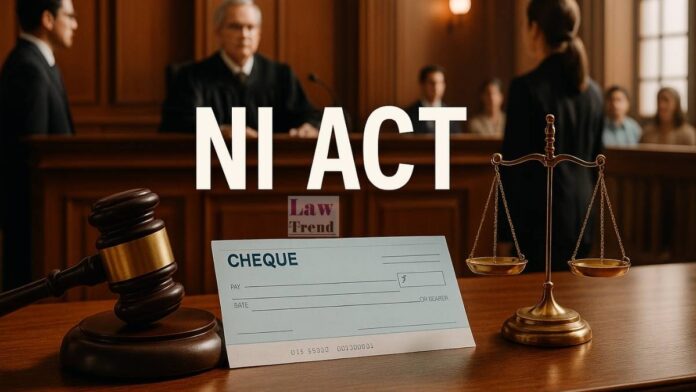The High Court of Manipur, in a significant ruling on the Negotiable Instruments Act, 1881, has held that the statutory presumption that a cheque was issued for a debt or liability under Section 139 cannot be invoked unless the complainant first establishes the existence of a legally recoverable debt. Upholding the acquittal of an accused
To Read More Please Subscribe to VIP Membership for Unlimited Access to All the Articles, Download Available Copies of Judgments/Order, Acess to Central/State Bare Acts, Advertisement Free Content, Access to More than 4000 Legal Drafts( Readymade Editable Formats of Suits, Petitions, Writs, Legal Notices, Divorce Petitions, 138 Notices, Bail Applications etc.) in Hindi and English.




